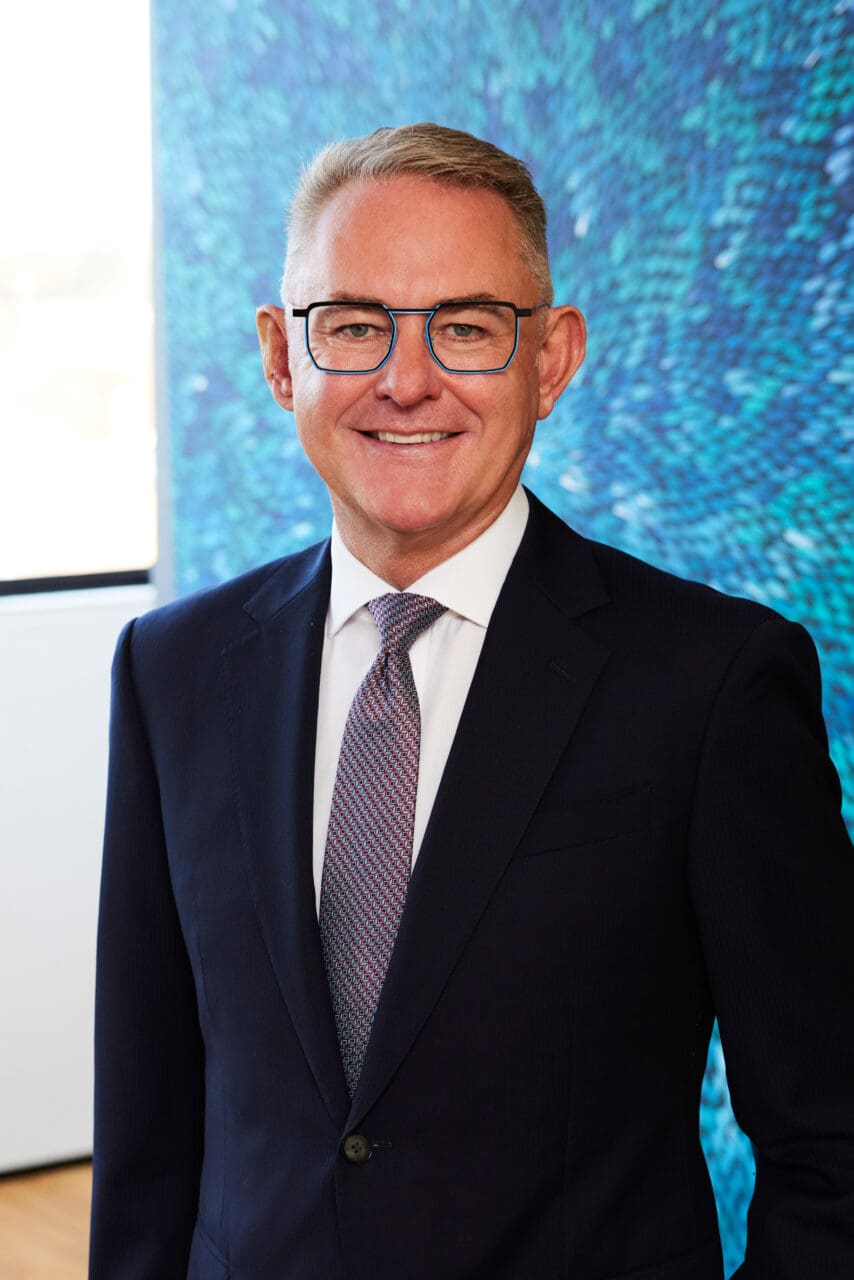This year, the debate around the purpose of Pride month has never felt more heightened, due in part to the ongoing attempts to roll back rights for LGBTQ+ people across a number of U.S. states. But June (and indeed, any month of the year) should also serve as a time to celebrate and uplift the sheer breadth of queer creativity on display in 2022—and nowhere more so than in the world of literature. Here, find a list of all the new novels, memoirs, essay collections, and other LGBTQ+ books we’re looking forward to spending time with this summer.
Bad Gays: A Homosexual History by Huw Lemmey and Ben Miller (May 31)
With their new book, writer Huw Lemmey and academic Ben Miller are bringing their fascinating—and very funny—deep dives into the lives of the most dastardly queer people in history from the podcast to the page. Bad Gays offers a riveting look back at historical figures whom the present-day LGBTQ+ community might be less eager to reclaim, from outright murderers like Andrew Cunanan and Aileen Wuornos to more insidiously sinister figures like J. Edgar Hoover or Donald Trump’s infamous mentor, Roy Cohn, while also exploring how their queerness might have played a part in the alienation or deeper societal resentments that sent them down the wrong path. (The less said about “evil twinks,” the better.) —Liam Hess
Nevada by Imogen Binnie (June 7)
Originally published by Topside Press in 2013, Binnie’s debut novel—which follows a young, punk-aspiring trans woman who heads west from New York City in her ex-girlfriend’s stolen car, attempting to play the fraught role of role model to a younger, not-yet-out acolyte she meets in Nevada—is a beautiful and occasionally disturbing complication of the oh-so-American trope of the cross-country road trip. Detransition, Baby author Torrey Peters is just one in a long list of trans women writers who name Binnie as an influence, and it’s long past time for cis readers to form a bond with the brilliance of her work. —Emma Specter
Greenland by David Santos Donaldson (June 7)
At the beginning of David Santos Donaldson’s debut novel, Greenland, its narrator, Kip—a Black British expat studying in New York—holes himself up in his basement study to churn out his first book in three weeks. The book in question is based on the life of Mohammed el Adl, E.M. Forster’s young Egyptian lover, and Kip begins to find his grip on reality disintegrating as his interest in el Adl descends into obsession. As it weaves in meditations on colonialism, spirituality, and the erotic, Santos Donadlson’s supremely stylish fever dream of a novel may delve most deeply into a specific subset of the queer experience, but the bigger questions it poses about how we come to terms with our own social and cultural identities make it feel surprisingly universal. —L.H.
The Kingdom of Sand by Andrew Holleran (June 7)
One of gay literature’s most esteemed titans, Andrew Holleran, returns this month with his first novel in 16 years, The Kingdom of Sand. While Holleran’s cult classic, Dancer from the Dance, is remembered for the illicit thrills of its hedonistic roller-coaster ride through gay life in 1970s New York (during the free-spirited moment after Stonewall and before the AIDS crisis), in The Kingdom of Sand, Holleran turns his gimlet eye to the aftermath of that period. The book offers a poignant vision of friendship between the narrator—a gay man in his 40s who moved from New York back to his hometown in Florida to care for his dying parents, where he has remained ever since—and a man 20 or so years his senior called Earl, with whom he shares a strange and unlikely bond; its grapplings with loneliness and mortality emerging as something both haunting and ultimately beautiful. —L.H.
So Happy for You by Celia Laskey (June 7)
Laskey excels at writing queer fiction that dazzles in its simplicity, and this latest effort—which follows a queer academic roped into serving as maid of honor at her childhood best friend’s wedding, only to find out that the bridal party is, well, stacked against her, to say the least—is no exception. We’ve too often sullied the term “beach read,” but So Happy for You is the kind of book best enjoyed with no distractions, beside a beautiful body of water. —E.S.
Just by Looking at Him by Ryan O’Connell (June 7)
In this first novel from the acclaimed comedian and writer behind the hit Netflix show Special, Ryan O’Connell draws on his personal experiences as a queer man with cerebral palsy to the same humorous effect that has drawn him legions of fans—but with a whole lot of heart too. Just by Looking at Him is written from the perspective of a gay, disabled TV writer living in Los Angeles who appears, from the outside at least, to have it all—a successful show, a decent income, a loving boyfriend—but deep down feels stuck, attempting to overcome his imposter syndrome and low self-esteem through liberal amounts of alcohol and casual sex. O’Connell’s warm, conversational tone charts his protagonist’s journey of self-acceptance with all of the innate charm and dry wit you’d expect. —L.H.
Brown Neon by Raquel Gutiérrez (June 8)
This debut essay collection is being marketed as “part butch memoir, part ekphrastic travel diary, part queer family tree,” and really, how can you come up with a more inviting description than that? Gutiérrez tells a singular and inimitable set of stories in Brown Neon, focusing much of the collection on the physical land that has alternately sustained, commodified, and criminalized so many modes of being. —E.S.
Tiepolo Blue by James Cahill (June 9)
James Cahill’s first novel, Tiepolo Blue, charts a heady summer in 1990s Britain in the life of Don, an esteemed art history professor at Cambridge whose life is turned upside down after a radical contemporary artwork is placed in the quad of his college. A roller-coaster ride through the seedier corners of gay London follows, as Don’s journey of self-discovery ultimately turns self-destructive. With touches of Alan Hollinghurst, the musings of the book’s protagonist on the radical power of art to act as a catalyst for personal change make it an exhilarating, erudite read. —L.H.
X by Davey Davis (June 28)
What if the world were ending and we were all just walking around Brooklyn listening to podcasts? That’s more or less the mise-en-scène for Davis’s Lee, who works for a major corporation by day and frequents warehouse parties by night. In this dystopian yet all-too-imaginable read, a new friend of Lee’s goes missing around a U.S.-led purge of migrants and refugees, resulting in a tale as sexy as it is alarming—and making it the perfect thing to read at Riis Beach all summer long. —E.S.
Pretty Baby by Chris Belcher (July 12)
The hometown-beauty-queen-to-pro-domme pipeline is strong in Belcher’s memoir, which draws on stories from her time working as “L.A.’s Renowned Lesbian Dominatrix.” It’s long past time for a canon to emerge around sex work written by those who are intimately familiar with doing that work, and Belcher’s account of labor, sexuality, identity, queerness, and femininity is absolutely not to be missed. —E.S.
Knocking Myself Up: A Memoir of my (In)Fertility by Michelle Tea (August 2)
Author, poet, tarot legend, and organizer Michelle Tea has long been known as a fairy godmother of the millennial queer set, and in this blazing new memoir, she approaches the subject of parenthood (and all the poking, prodding, jaw-dropping expense, and nosy questions that it can entail for LGBTQ+ parents) with her signature verve. —E.S.
All This Could Be Different by Sarah Thankam Mathews (August 2)
A recent college graduate attempts to navigate her new life in Milwaukee, the expectations of her parents back in India, an increasingly not-so-great work life, an array of exciting new queer crushes, and a set of friendships that alternately inspire and enrage her in this bold and wide-ranging novel that sets it sights on what it really means to be “okay.” Are you okay if you’re making rent? If you’re dating the people you want to date? If your parents are proud of you? These are the questions that have consumed innumerable 20-somethings, and Mathews expertly captures and elevates the position of being a young queer person in the post-recession U.S. with many more questions than answers. —E.S.
Editor
Liam Hess and Emma Specter
















